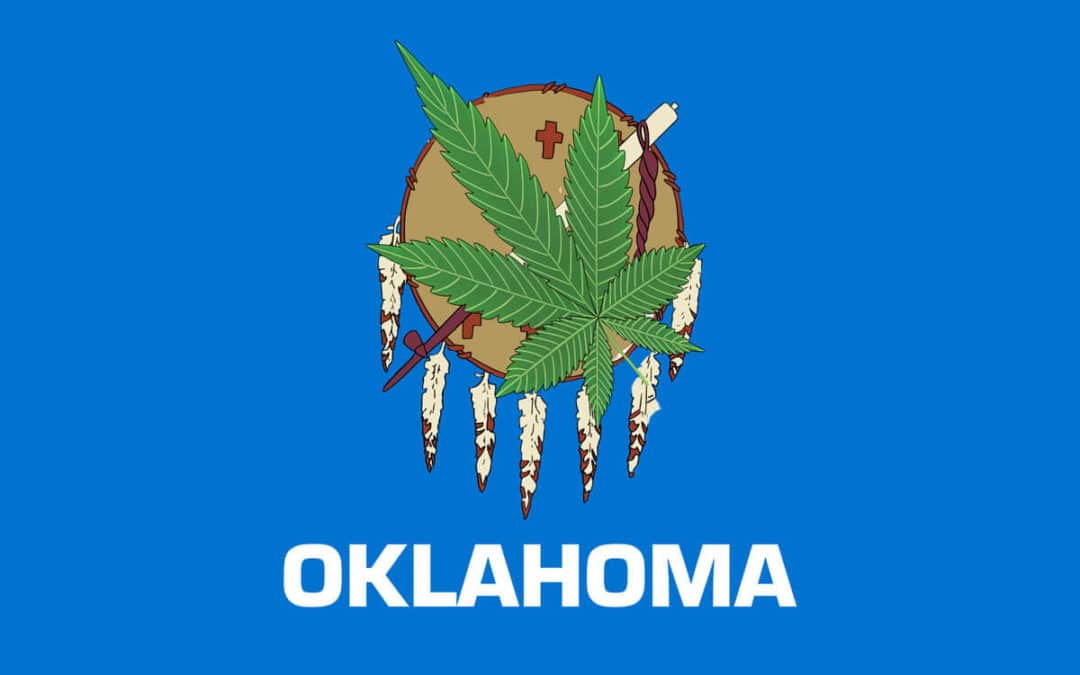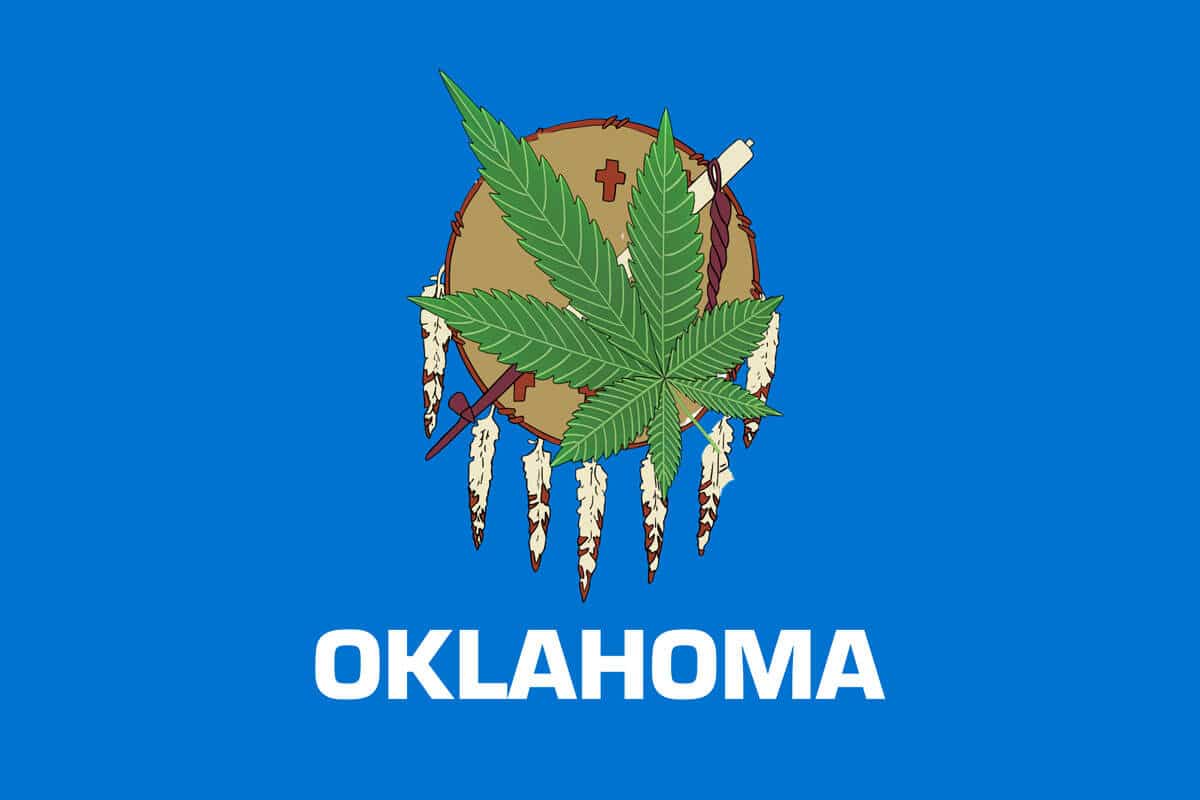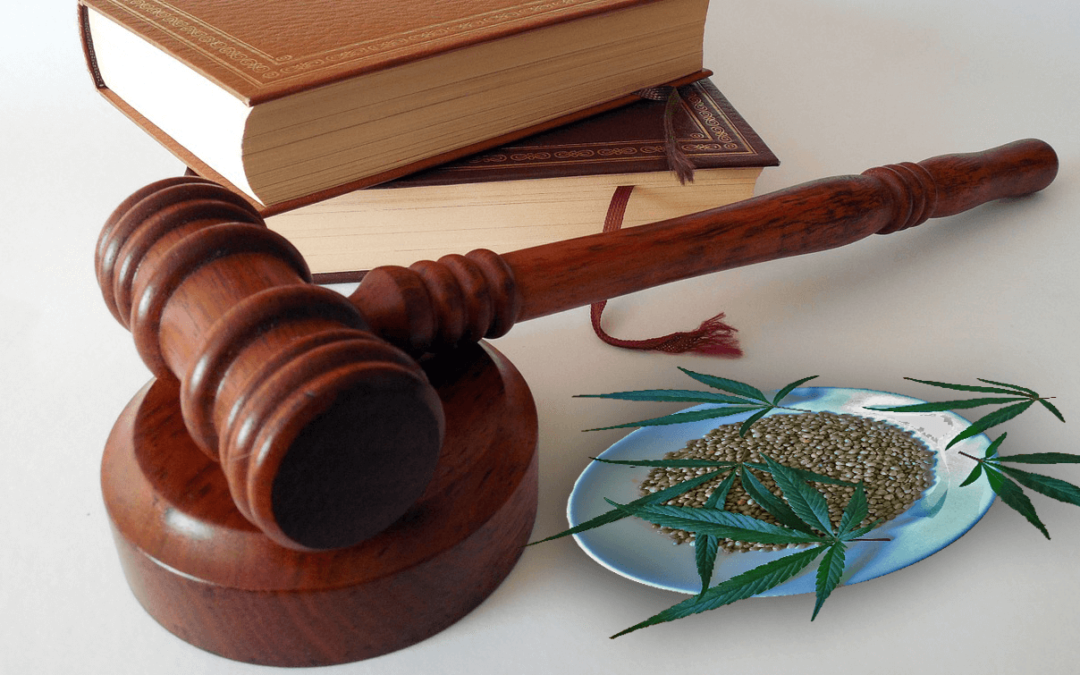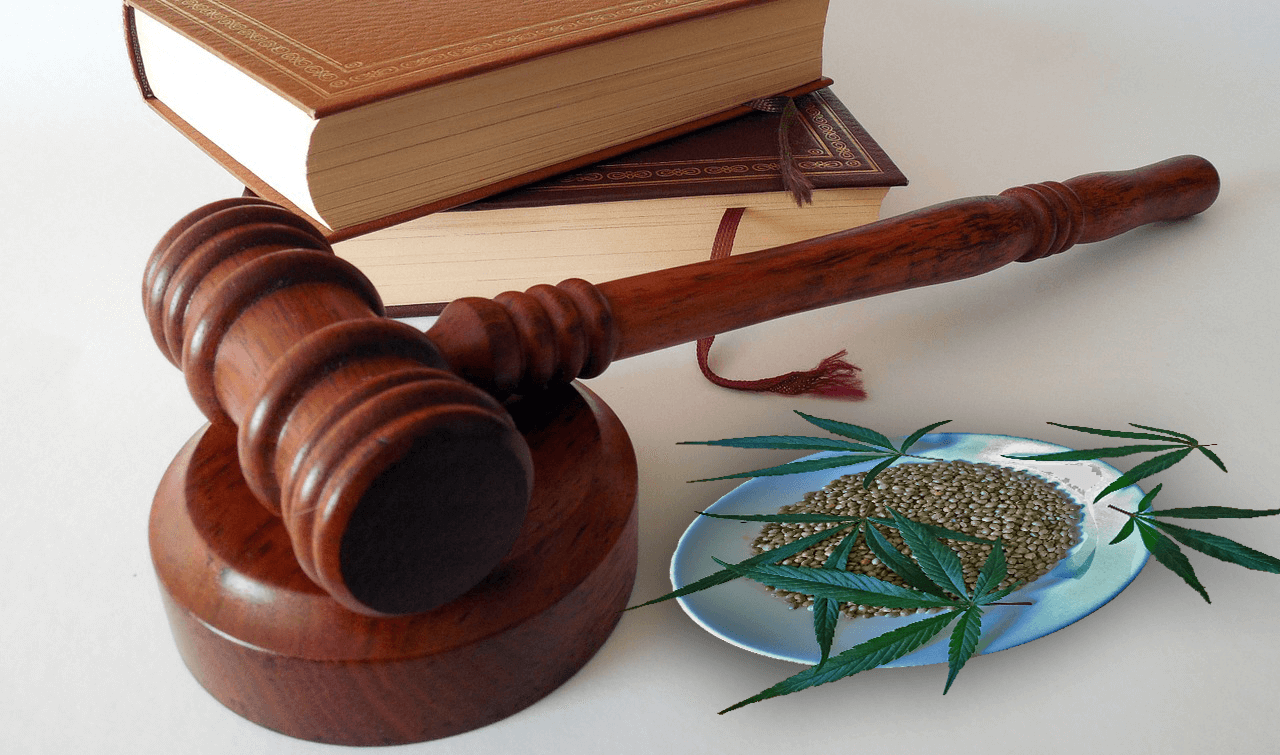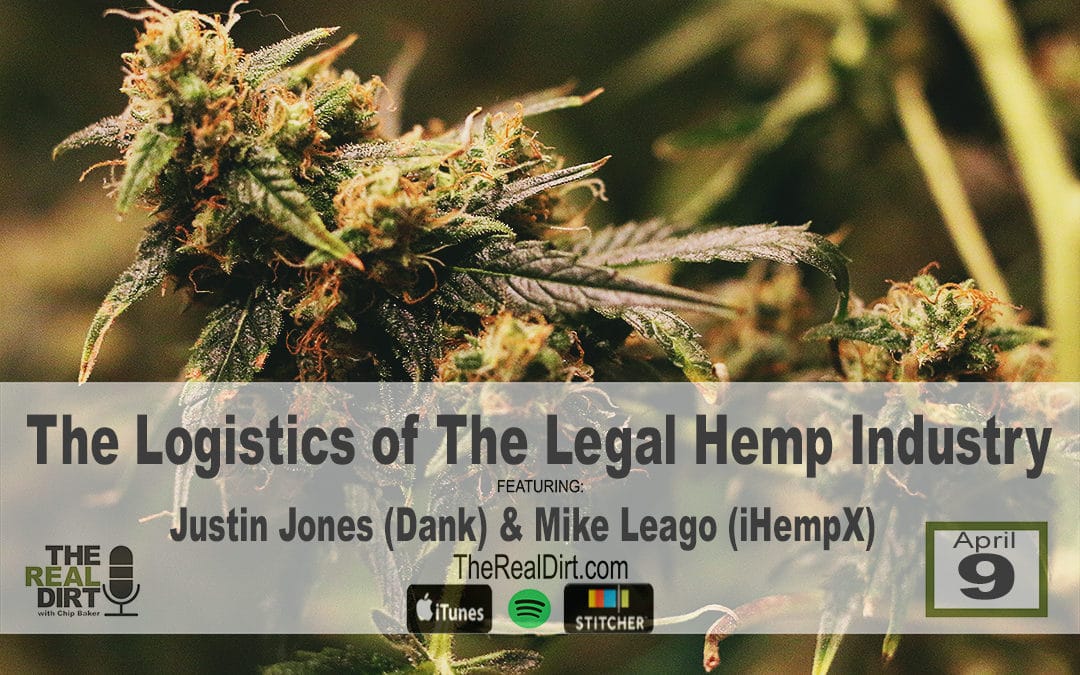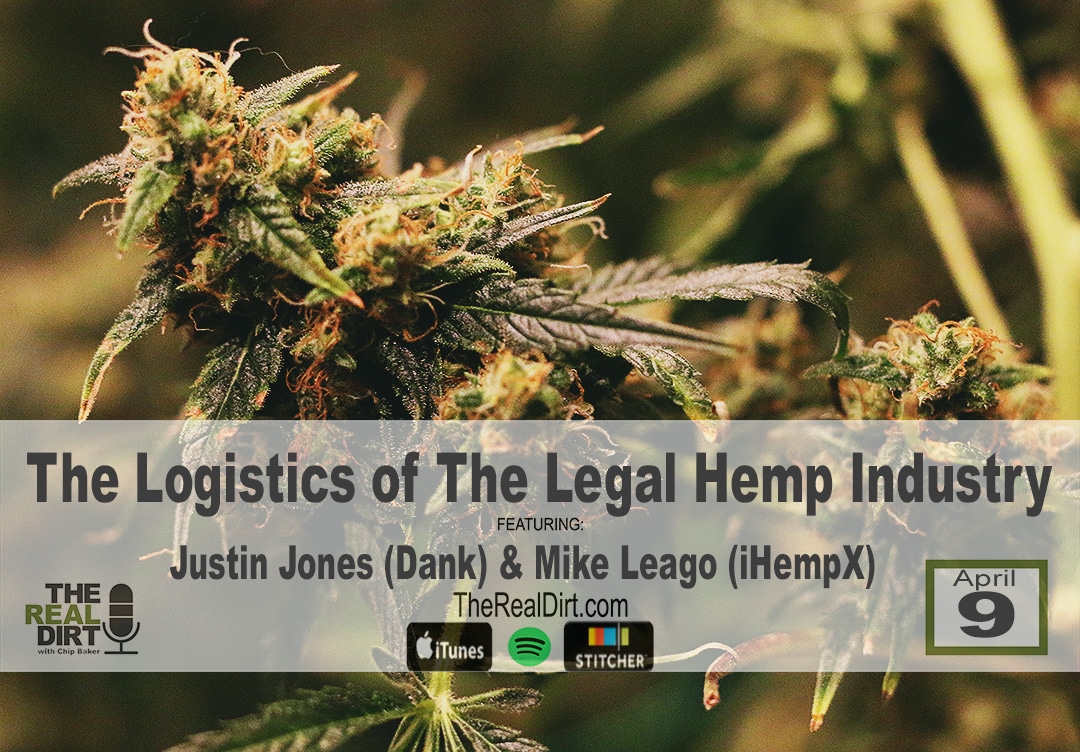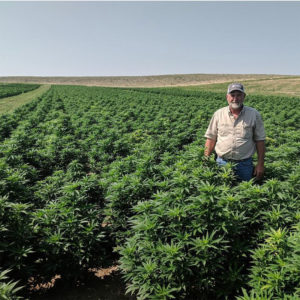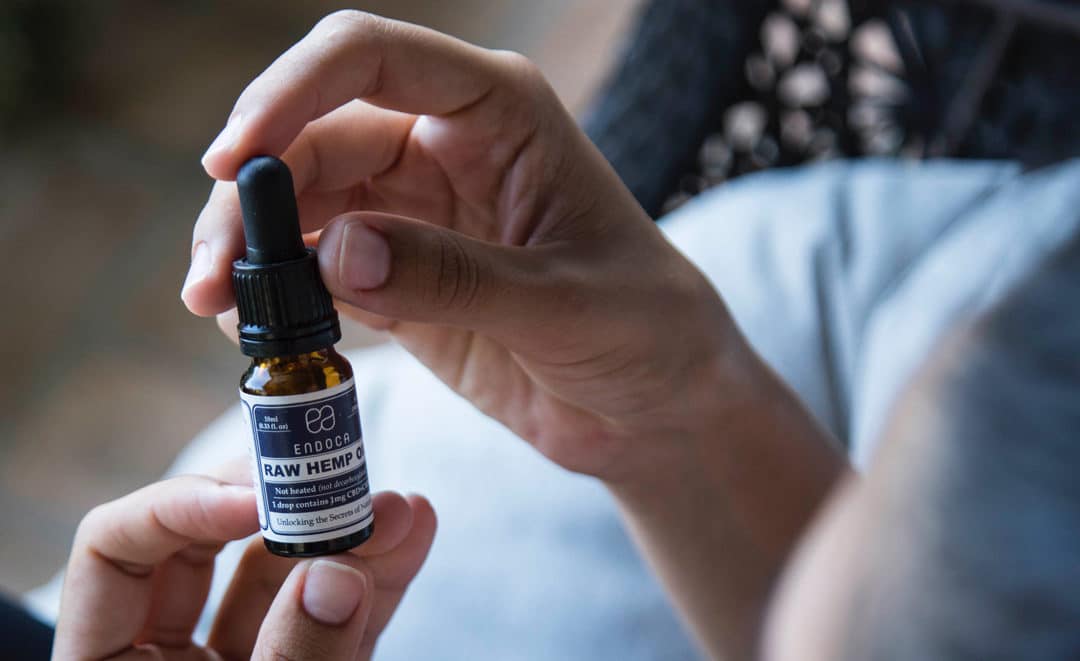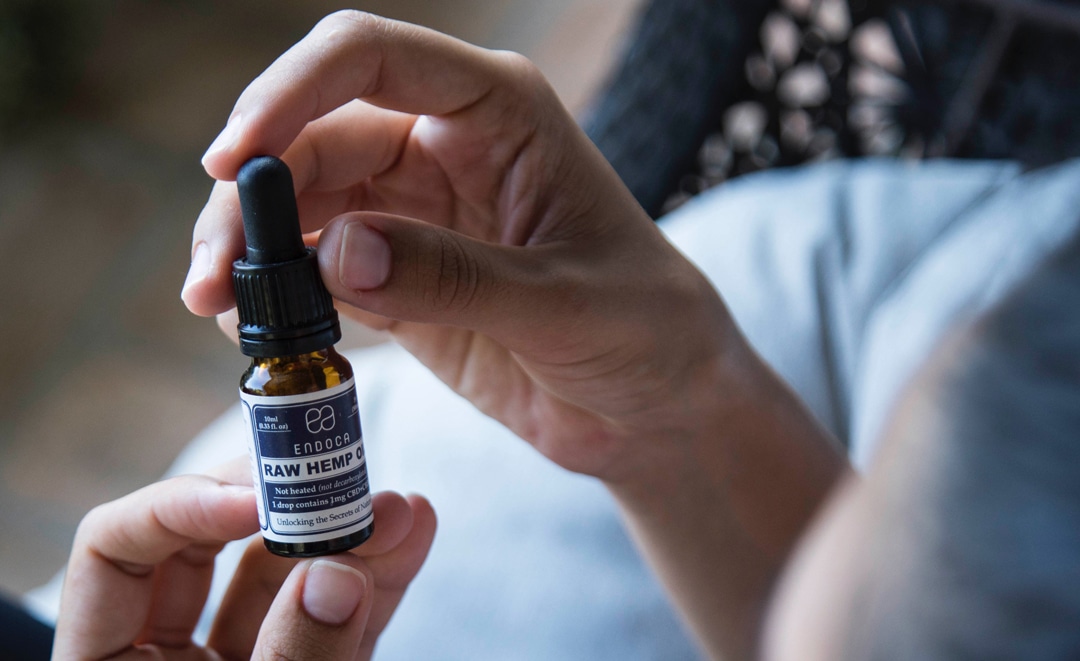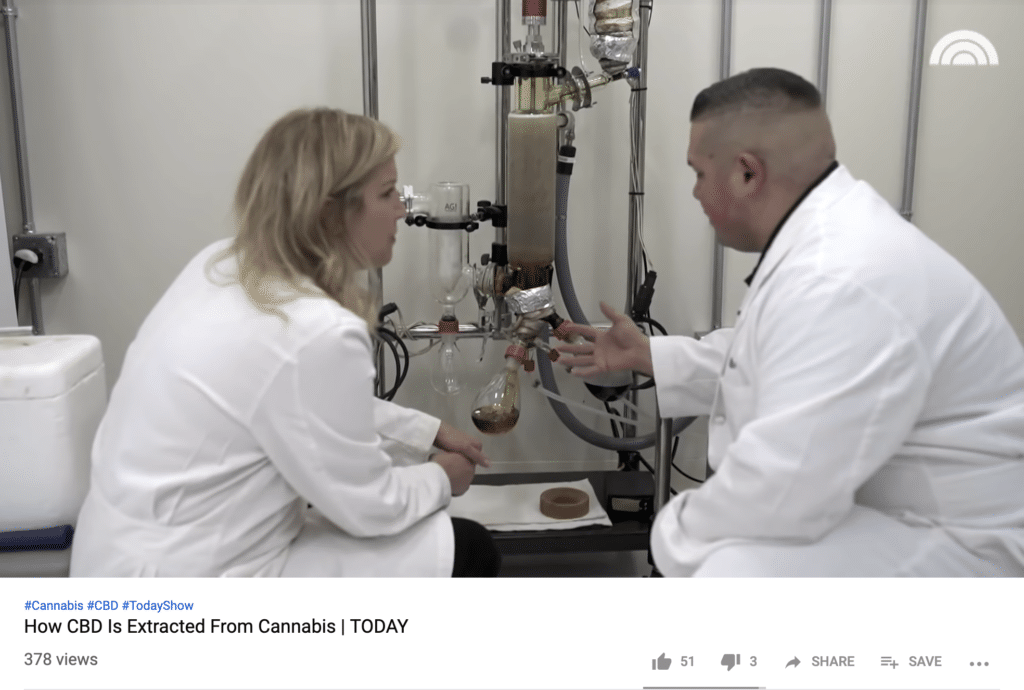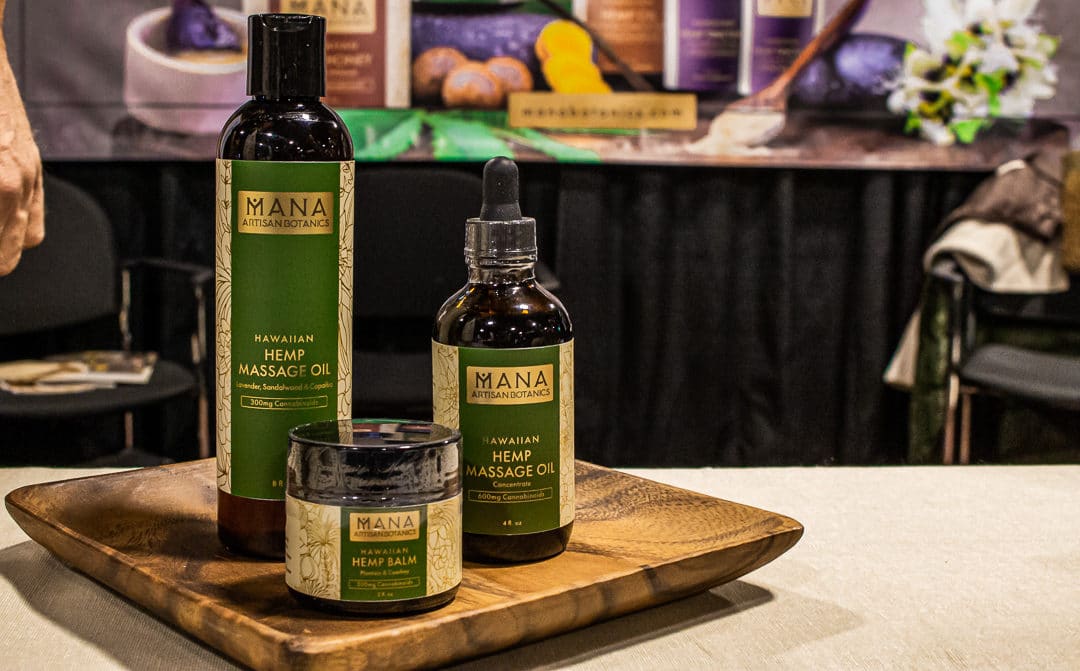
CBD Laws Could Be Changing
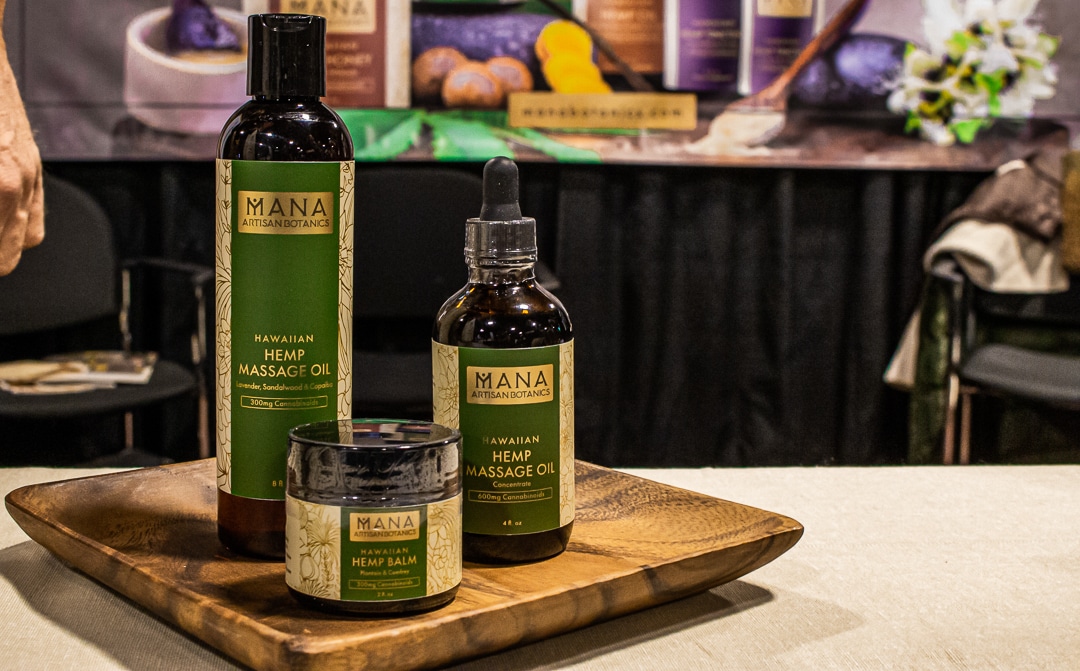
CBD has gotten too big for the FDA not to intervene. The question now is what are they going to decide?
Contrary to the hundreds of CBD products you can buy online and at your local health store that would suggest otherwise, CBD isn’t technically legal. However it isn’t technically illegal either. And that’s why there’s a problem.
CBD is a naturally occurring cannabinoid in the cannabis plant. A relative of the cannabis plant that was just legalized, hemp, also contains CBD. With hemp legal, people saw no problem in breeding hemp specifically for CBD to make products.
However, CBD was not included in the legislation that legalized hemp, and because it is also found in psychoactive cannabis cultivars, there’s some controversy over whether or not it should be legal. Now almost 6 months after legalization, the FDA is finally getting involved.
FDA CBD Laws
With economists predicting that the CBD industry could reach a market worth of $16 Billion by 2025, the FDA has no choice but to make a regulation decision. Compared to other non-FDA approved products, CBD is already much more well known and popular, and even dangerous, should the FDA decide so. Which is why their decision is so important.
During a hearing at the end of May, the FDA will be presented with remarks from manufacturers, consumers, health professionals, academics, and more on scientific data and information about CBD products that contain cannabis or cannabis-derived compounds, such as CBD.
Because of the wide range of uses for CBD, from foods and face creams to pills and oils, the FDA needs to regulate CBD more strictly compared to other ingredients that may just be used in one specific product. With now CBD laws specifically on the books, more and more pressure is being placed on the FDA to regulate.
Potential Outcomes
There are a lot of way the FDA could decide to regulate CBD laws. In the worst case scenario, they could ban CBD altogether. This is pretty unlikely, as the now ex-Commisioner of the FDA had stated in February of 2019 that the FDA would take a more “flexible” approach to CBD regulation.
What seems more likely, is the FDA regulating CBD to only be allowed to be extracted from legal, industrial hemp, while banning CBD extraction from cannabis, i.e. any other cannabis plant with a THC level over .3%. They could also permit CBD extraction from any cannabis plant as long as there is no THC included.
All we can do for now is speculate while the hearing takes place, but many CBD business owners and entrepreneurs will be anxiously awaiting the results.
The Future of the CBD Industry
It’s probably safe to say at this point that if the FDA did decide to ban CBD altogether, there would be massive, nationwide outrage. From the parents who use CBD as medicine for children with epilepsy, to the avoid CBD consumers who have made the cannabinoid an essential element of their daily nutrient routine.
While obviously the former would be most negatively affected by a full CBD ban, it would be the masses who consume CBD recreationally that would have the biggest voice in the matter. And with so many hopping on board the CBD bandwagon, we can assume CBD isn’t going anywhere.

